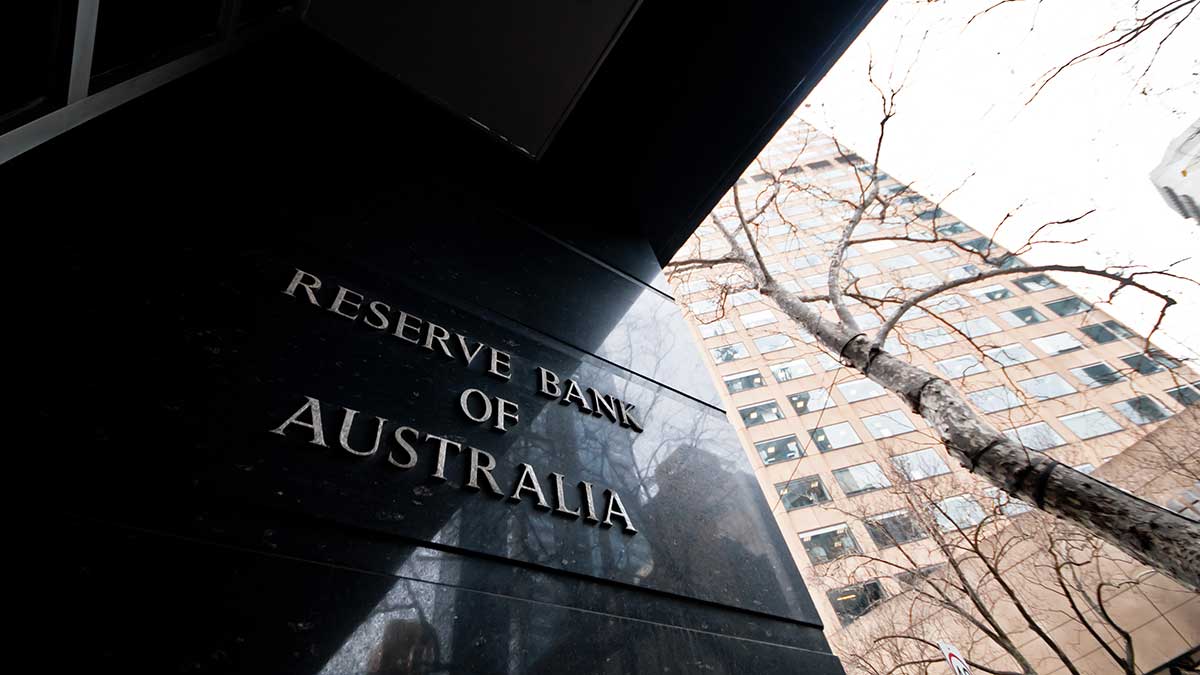Do you truly comprehend the functions of the Reserve Bank of Australia (RBA) and the magnitude of its influence over Australia’s economy?
With rising interest rates and heated criticism of outgoing governor Philip Lowe – perhaps eased by Tuesday’s decision not to increase interest rates – the RBA has been in the hot seat for some time. Incoming governor Michele Bullock takes over the reins from September.
A significant determinant of retail interest rates, the RBA’s interbank overnight cash rate target has surged from 0.1 per cent in April 2022 to 4.1 per cent in July 2023. The RBA has projected an increase in the unemployment rate to 4.5 per cent by the end of next year. Many Australians believe it is the responsibility of the RBA to intervene.
What is the central role of the RBA?
“The primary role of the RBA is ‘price stability’, aimed to maintain a balance where inflation doesn’t soar too high or plunge too low,” says Associate Professor Mark Humphrey-Jenner from the School of Banking and Finance at UNSW Business School.
“It tries to achieve this goal through monetary-policy meetings, by setting the interbank overnight cash rate, and implementing quantitative easing or tightening.”
Does the RBA influence the cost-of-living crisis?
“The RBA endeavours to constrain inflation and alleviate cost-of-living pressures by levying higher rates, which may initially seem to escalate the crisis,” explains Dr Nalini Prasad from the UNSW School of Economics.
“The RBA is conscious of the potential threat of exacerbating the cost-of-living situation for some if unemployment rises sharply. They strive to curtail such impacts as far as possible.”
When it comes to how RBA decisions impact homeowners, Dr Prasad says interest rates primarily affect people with mortgages. Rising interest rates mean individuals need to focus on debt repayment and are left with less money to spend on other things.
Does the RBA consider public sentiment when making rate decisions?
Contrarily to a prevailing belief, says Dr Prasad, the RBA does not explicitly intend to control property prices nor is it solely responsible for controlling inflation.
The RBA continues to adjust its policies and strategies in a delicate balancing act, striving to maintain economic stability for all Australians, say Dr Prasad and Assoc. Prof. Humphrey-Jenner.
“Its decisions may not always meet approval, but it’s clear the direction it takes is thoughtfully considered with the welfare of all Australians at heart.”
Do you agree with this sentiment? How much do rate rises affect you? Do any members of your family dread the first Tuesday of each month at the moment? Why not share your thoughts on the RBA in the comments section below?
Also read: How the RBA rate rise can boost your savings

